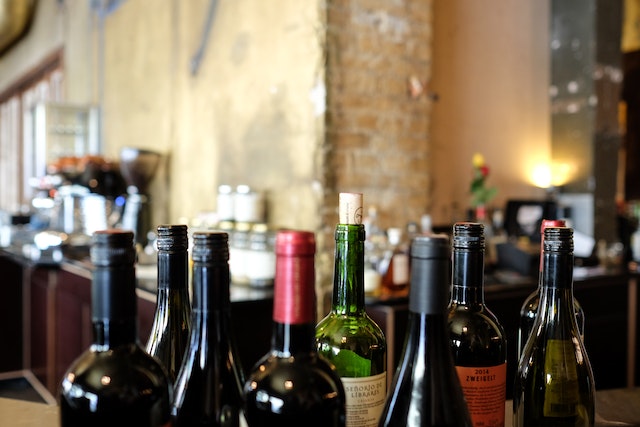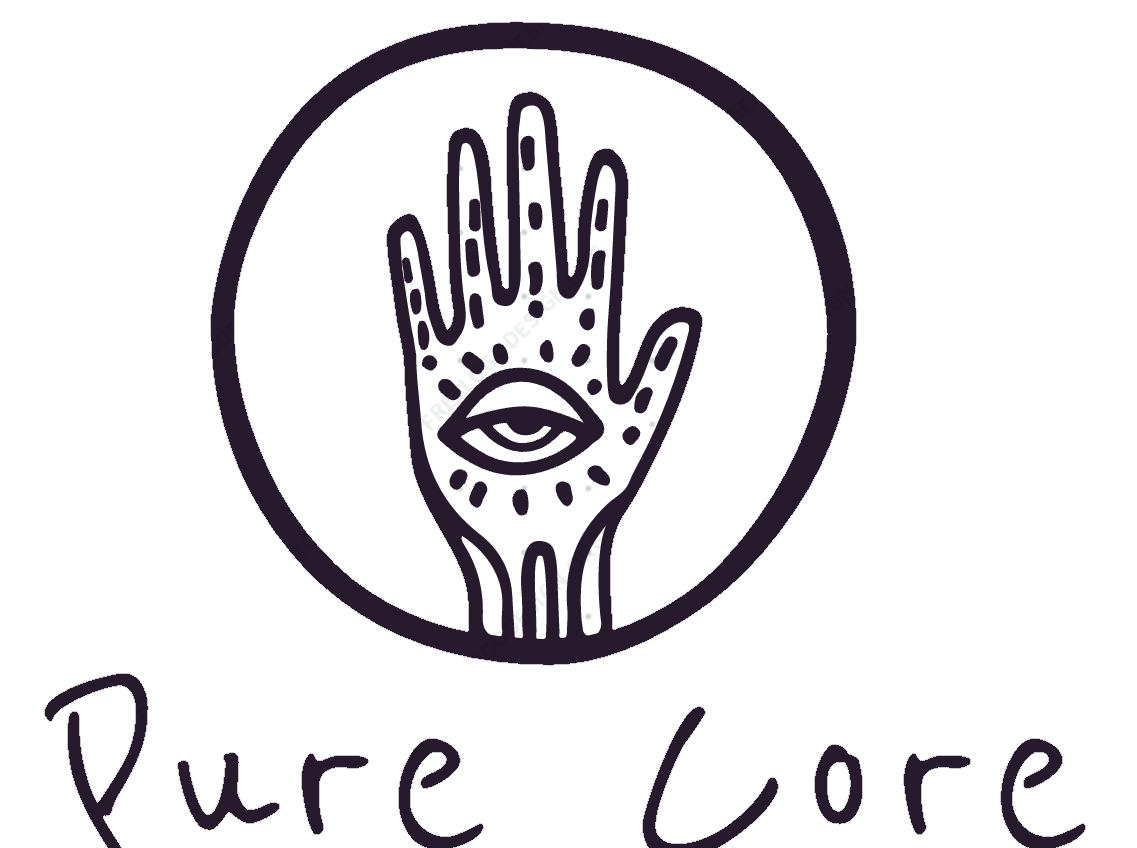
Different Classification of Liquor License
You need to know many things about getting a liquor license for your bar, restaurant, or other business. Filling out an application with the state liquor authority is the initial step. This extensive application will ask you about your prior work and previous experience providing alcoholic beverages. Additionally, floor plans, images, and copies of your lease agreement will be needed.
Class “E” Liquor License
A Class “E” liquor license is for selling beer and wine in a retail establishment. This license may be temporarily utilized under certain conditions. For instance, if your business will be closed between 9:00 p.m. and 8:00 a.m., you can purchase a temporary license that allows you to sell beer and wine in other locations. A permit is good for 120 days after the application date.
To serve alcohol, you must obtain a Class “E” liquor license from the state. This license is required by law in most states, including those that regulate alcohol sales. The Comptroller’s Office issues this license to people who plan to operate a bar or restaurant. These licenses are valid throughout the state.
Several steps are involved in applying for a Class “E” liquor license. First, you need to obtain a bond from a surety company. Typically, the state will set a sliding scale for the bond amount, and applicants with good credit can qualify for a low bond premium. The Texas Alcoholic Beverage Commission mandates the submission of Conduct Surety Bonds. The cost of this Bond is either $5,000 or $10,000, and they are often simple to obtain. These are often necessary for any brand-new on-premises enterprises for the first three years. Due to this, you must adhere to specific guidelines and steps to obtain a liquor license houston tx, area.
Class “B” Liquor License
A Class “B” liquor license is a business license that allows for selling beer, wine, and other intoxicating liquors. Only specific organizations can obtain these licenses. They must be a bona fide organization, such as a church, lodge, or society, and must not be operating for financial gain. These licenses must be renewed annually. The year of liquor licensing runs from July 1 to June 30.
Alcoholic beverages may be sold and delivered with a Class “B” liquor license. In addition to being sold, these licenses also allow for the manufacture of beer and wine. It also permits the establishment to charge a minimum, cover, or door charge for alcoholic drinks. These amounts must be posted prominently at the establishment.
To obtain a Class “B” liquor license, an applicant must submit an application to the city. The application must include the names and contact information of all business partners. In addition, the applicant must be a citizen of the United States. The applicant must sign the application before submitting it to the Common Council.
Class “C” Liquor License
A Class “C” liquor license allows the sale of alcohol in an on-premise consumption establishment. These licenses can allow up to two bars in the establishment. Additionally, they’re transferable from one business to another. In some cases, you can also add a supplemental distribution permit (SDM) to your liquor license.
The first step in getting a Class “C” liquor license is to obtain an application. Generally, the state will review the application to determine whether the business will be appropriate for the licensing requirements. It will then have to go through the local approval process. Once the state approves your application, you can begin serving alcoholic beverages.
The application form must then be completed and submitted to the Board of License Commissioners. This application must be completed by an individual who resides in Prince George’s County. The application must also include written permission from a local official and a site plan displaying the location of the outlets. A money order, cashier’s check, or certified statement must be used to pay the application cost. Applicants must file this application 10 days before the event they’re planning.
Class “D” Liquor License
A Class “D” liquor license allows you to sell alcohol on licensed event premises. This license will enable you to sell alcoholic beverages and illuminated areas during evening hours. It also allows you to sell packaged alcoholic beverages for tasting purposes. These licenses may be obtained for one day or twelve months.
It is possible to offer alcoholic beverages to a crowd of people assembled for an event using a Class “D” license, which is a special license. The license allows you to sell alcoholic drinks to participants of the event, but you can’t sell them to the general public. You must also ensure that everyone who attends the event is over the age of 21. This license is unavailable for bars or taverns where minors can consume alcohol.
Applicants with criminal records should not apply for a Class “D” liquor license. You can find information about the requirements on ABCC’s website. You must have access to the necessary funding and a current U.S. passport. If you are an individual, you should know that the minimum age for obtaining a Class “D” liquor license is 21.





